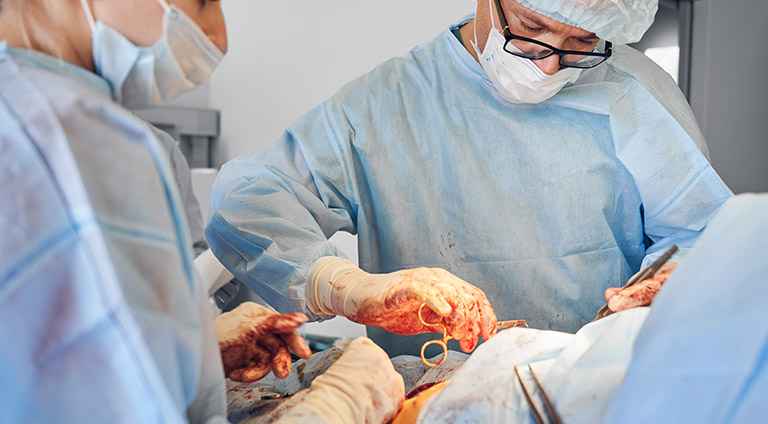The liver is one of the most vital organs in the human body—responsible for over 500 essential functions, including detoxification, digestion, and nutrient processing. Often referred to as the body’s internal “filter,” the liver works silently to keep our systems in balance.
However, certain medical conditions and complications can damage this resilient organ, leading to the need for liver surgery. In this guide, we explore the common reasons why liver surgery is required, the conditions it treats, and how timely surgical intervention can be life-saving.
What Is Liver Surgery and When Is It Needed?
Liver surgery includes a range of procedures—from tumor removal to liver transplantation—performed to treat diseases or injuries affecting liver function. Some liver surgeries are planned (elective), while others may be emergency procedures following trauma or acute liver failure.
Let’s look at the top reasons why patients may require liver surgery.
1. Chronic Liver Disease: Cirrhosis and Fibrosis
Liver cirrhosis is a progressive condition where healthy liver tissue is replaced by scar tissue (fibrosis), leading to liver dysfunction. This damage is often irreversible and can result from:
- Chronic hepatitis B or C
- Alcoholic liver disease
- Non-alcoholic fatty liver disease (NAFLD)
When liver function deteriorates beyond medical management, liver transplantation or liver resection becomes necessary. These surgeries help remove damaged sections or replace the liver entirely, allowing the body to regain essential liver function.
2. Liver Cancer and Tumor Removal
Liver cancer, particularly hepatocellular carcinoma, is one of the leading causes of liver-related deaths worldwide. Often silent in its early stages, liver tumors can grow and spread quickly if left untreated.
Surgical options include:
- Liver resection (hepatectomy) – removal of cancerous liver tissue
- Liver transplant – in cases where tumors are widespread but the patient is eligible
Early diagnosis followed by surgery offers the best chance of long-term survival.
3. Gallbladder and Bile Duct Disorders
While not part of the liver, the gallbladder plays a supportive role by storing bile produced by the liver. Gallstones or infections can block bile flow and cause intense pain or infection. When medications fail, a cholecystectomy (gallbladder removal surgery) may be recommended.
Additionally, conditions like biliary atresia or bile duct strictures may require bile duct reconstruction surgery or liver transplantation in severe cases.
4. Genetic Liver Disorders
Inherited conditions such as:
- Wilson’s Disease
- Hemochromatosis
- Biliary atresia (in infants)
…can significantly impair liver function. In these cases, surgery may be required to bypass blocked bile ducts or to replace the liver if damage is severe.
Pediatric liver surgery is often performed in infants with congenital liver defects to restore normal bile flow and prevent liver failure.
5. Emergency Liver Surgery After Trauma
Severe abdominal trauma—caused by accidents, falls, or blunt force—can lead to internal liver bleeding or rupture. Emergency liver surgery is critical in such cases to:
- Stop internal bleeding
- Repair damaged blood vessels or tissue
- Remove severely damaged parts of the liver
Thanks to the liver’s regenerative ability, partial removal can still support full recovery.
Final Thoughts: Liver Surgery Saves Lives
The liver is a powerhouse organ that plays an indispensable role in keeping the body healthy. Whether it’s battling chronic disease, fighting cancer, or responding to trauma, liver surgery offers patients a second chance at life.
If you’re experiencing symptoms like jaundice, unexplained weight loss, chronic fatigue, or abdominal pain, don’t delay. Consult a liver specialist or gastro surgeon for accurate diagnosis and timely treatment.
For advanced care, trust a specialist with expertise in minimally invasive liver surgeries and liver transplant procedures.





